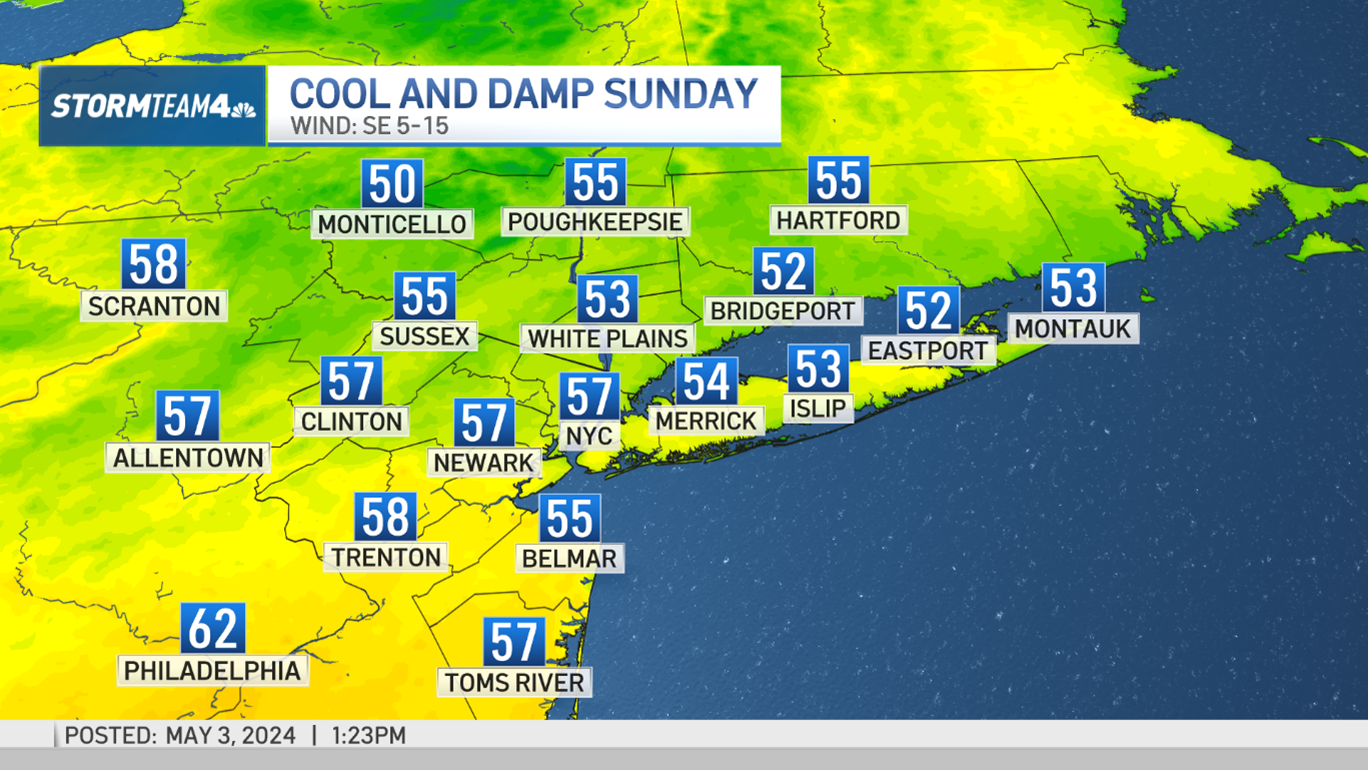If you are a parent of a teenager, ask yourself a simple question. Would you allow your son or daughter to lock you out of his or her bedroom? Even though you own the house, your teen’s door is always closed . . .and you never get to come in.
It is a proposition most parents would consider absurd.
But Mahwah Police Chief James Batelli says teenagers are locking moms and dads out of their “virtual rooms” everyday - and parents are none the wiser.
“Trust sounds good. It’s a good cliché,” says Batelli. “[But] to stick your head in the sand and think that, in 9th, 10th, 8th grade, your child is not going to be exposed to alcohol, is not going to be exposed to drugs is kind of a naïve way to go about it.”
Batelli, who is raising a teenage daughter himself, says inappropriate photos on Facebook are threatening to ruin young people’s college and career resumes. He is also concerned about child predators who troll social networking sites.
“If you sugar-coat it, parents just don’t get it. Read the paper any day of the week and you’ll see an abduction [or] a sexual assault that’s the result of an Internet interaction or a Facebook comment.”
Batelli is advancing this extreme parenting advice at Mahwah Police seminars where detectives teach parents how to install keystroke-recording software on their home computers. Sometimes called “spy-ware,” the software allows parents to surreptitiously hack Facebook passwords from their kids’ accounts.
Local
“When it comes down to safety and welfare of your child, I don’t think any parent would sacrifice anything to make sure nothing happens to their children. If it means buying an $80 package of software and putting it on and seeing some inappropriate words you don’t want your child to say. Then that’s part of society.”
Sales executive Carolyn Blake has taken Batelli’s advice. Last year, the Mahwah mother of three installed a keystroke logger on her home laptop in an effort to quietly monitor her 11-year-old and two teenagers.
“There may be a website that your children are on that they shouldn’t be visiting. That will show up on this third-party software,” said Blake. “It’s very easy to install. Your children don’t know it’s there.”
Some parenting experts are skeptical of the spy-ware strategy.
“It sort of sets up a situation of distrust,” says family psychologist Dr. Jeffrey Kassinove.
“First of all, you’re encouraging your child that it’s ok to lie because you’re lying yourself and you’re conducting some secret action and they’re not aware of it.”
While spy-ware may be extreme, Kassinove says it is entirely proper for parents to use cyber-nanny software that blocks access to inappropriate websites. He also says young teens and “tweens” may need more monitoring than older adolescents.
“I think if a 12-year-old has a Facebook profile her mom and dad need to have access to it.”
Carolyn Blake says she didn’t have to steal her kids’ Facebook passwords. She simply insisted they hand over the information. As for the keystroke-recording software, Blake believes her teenage son has somehow figured out that he’s being monitored. Nonetheless, she says the software helps serve as a powerful check and balance on the web.
“If you can see that they’re going down a path that they shouldn’t be going down or posting things they shouldn’t be posting, then you could be heading off something that you may never be able to turn around. I do think the reward is worth the risk.”



